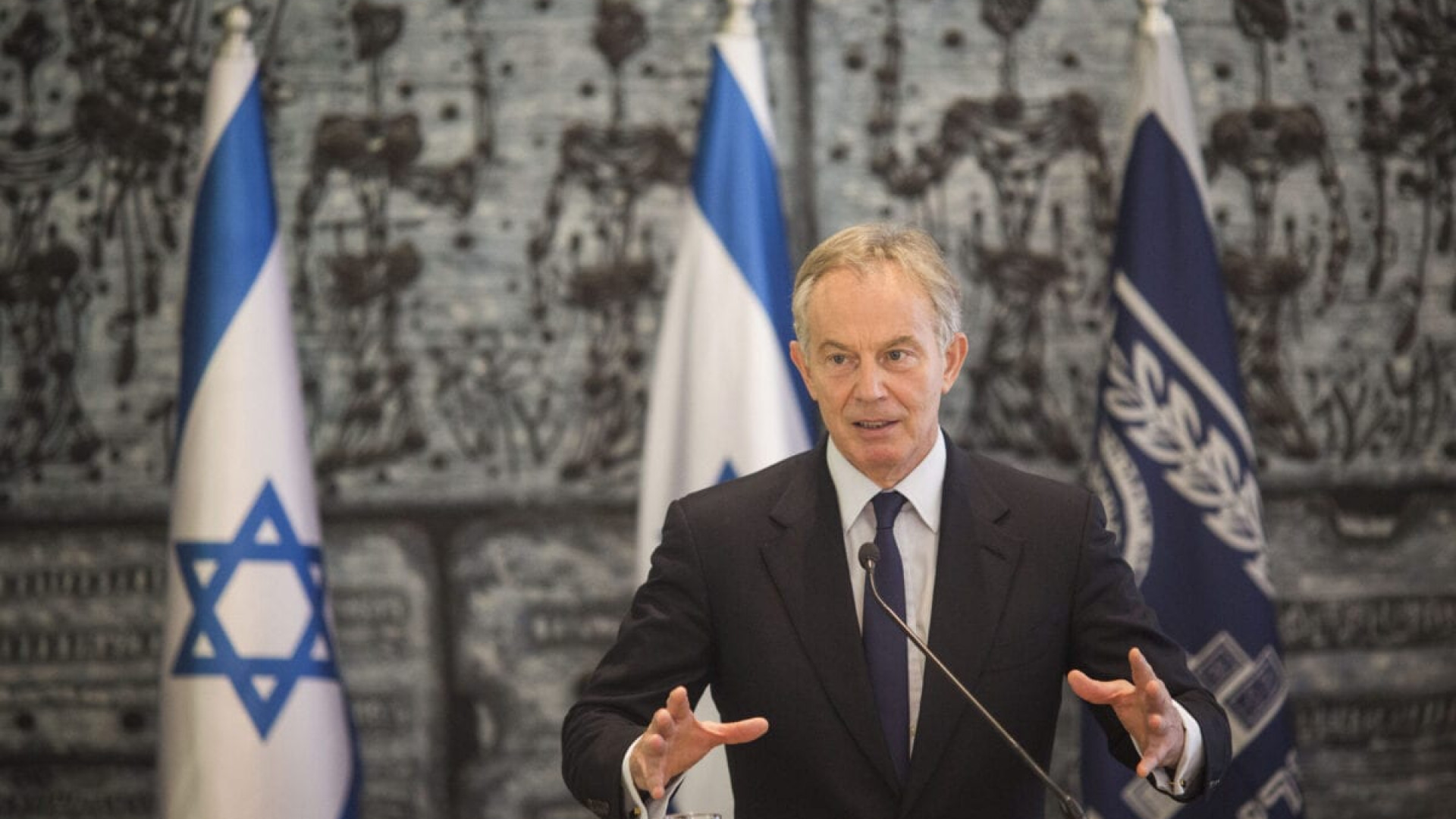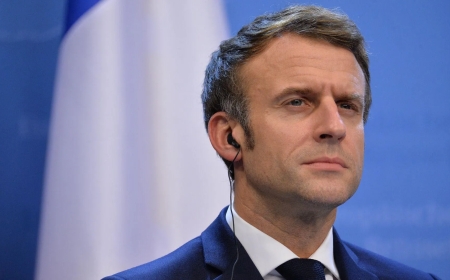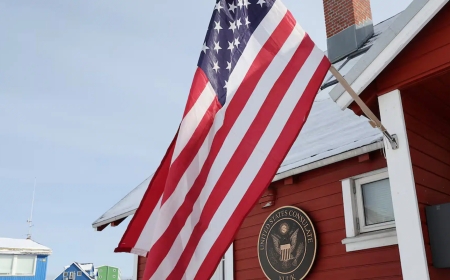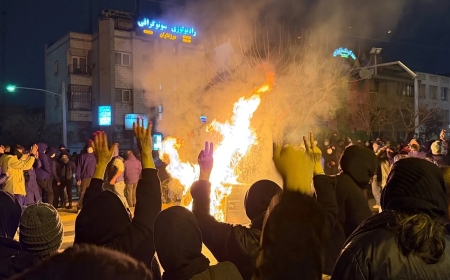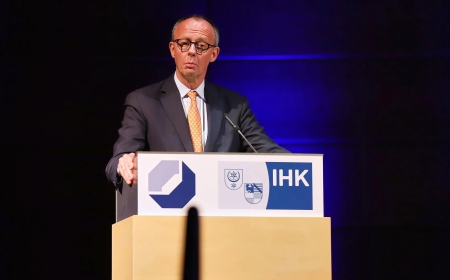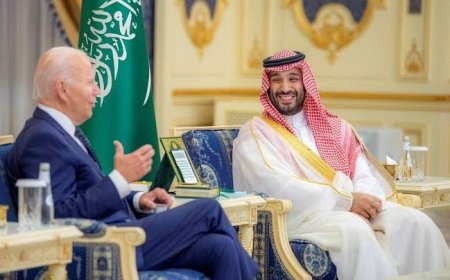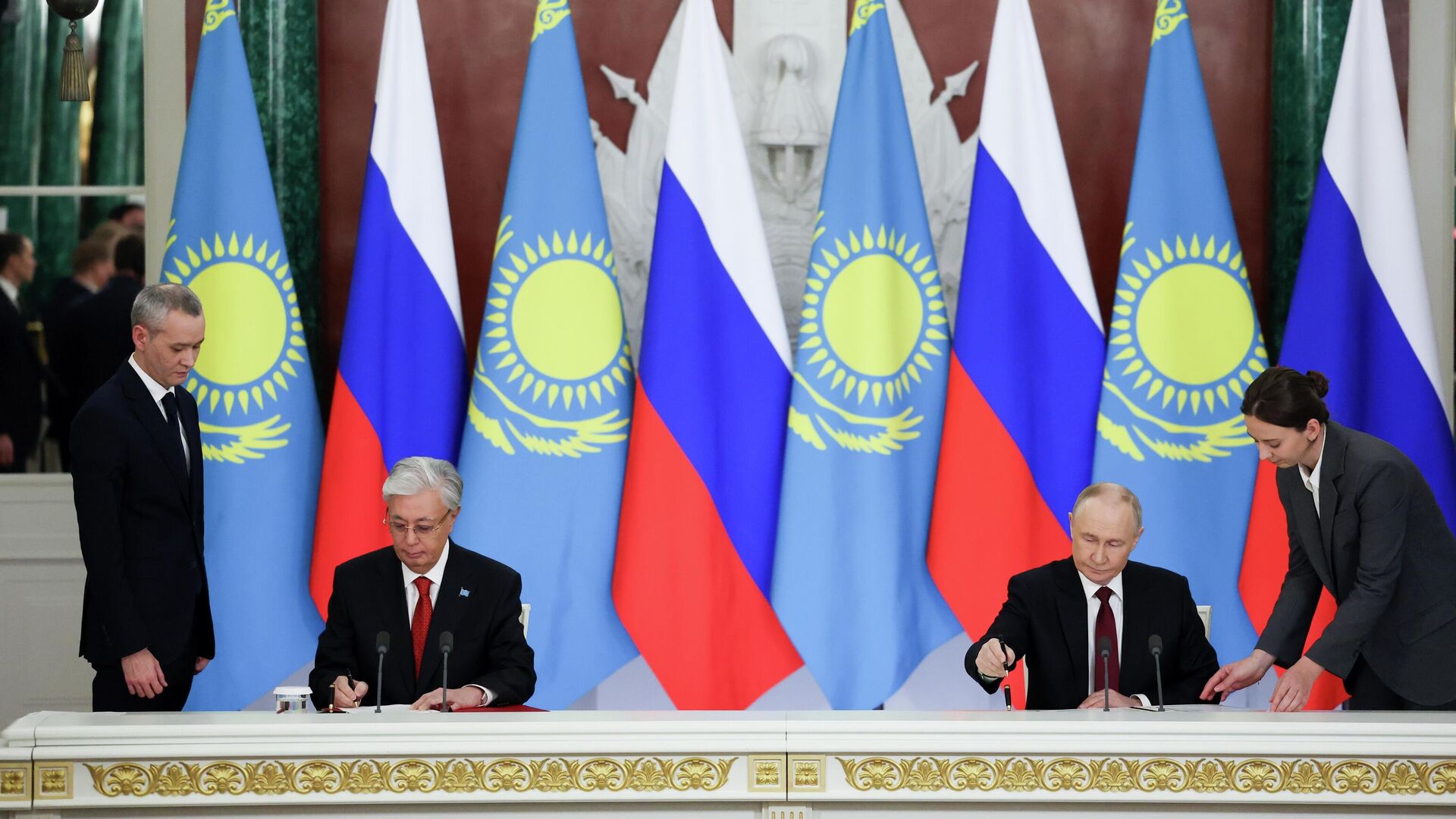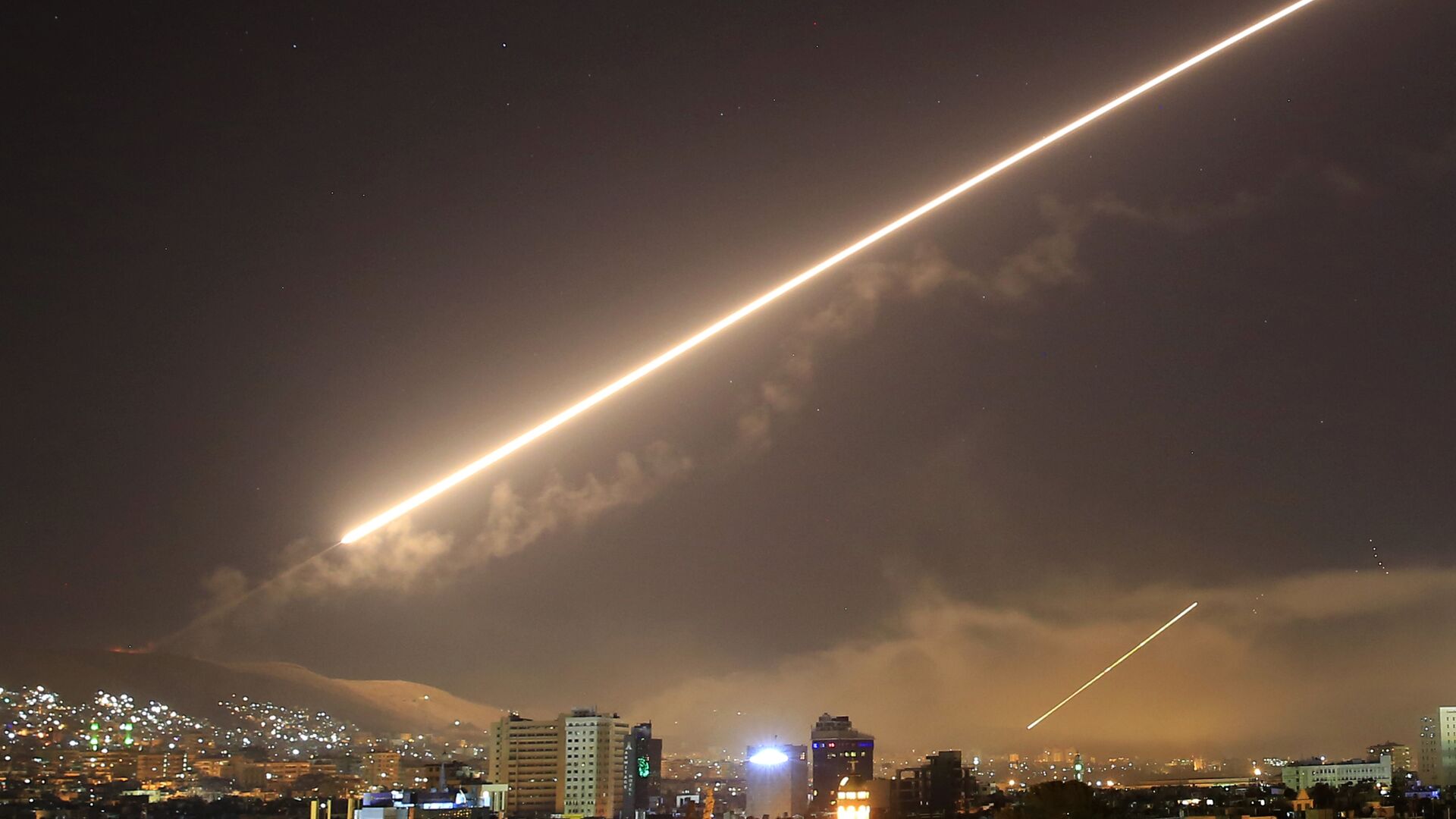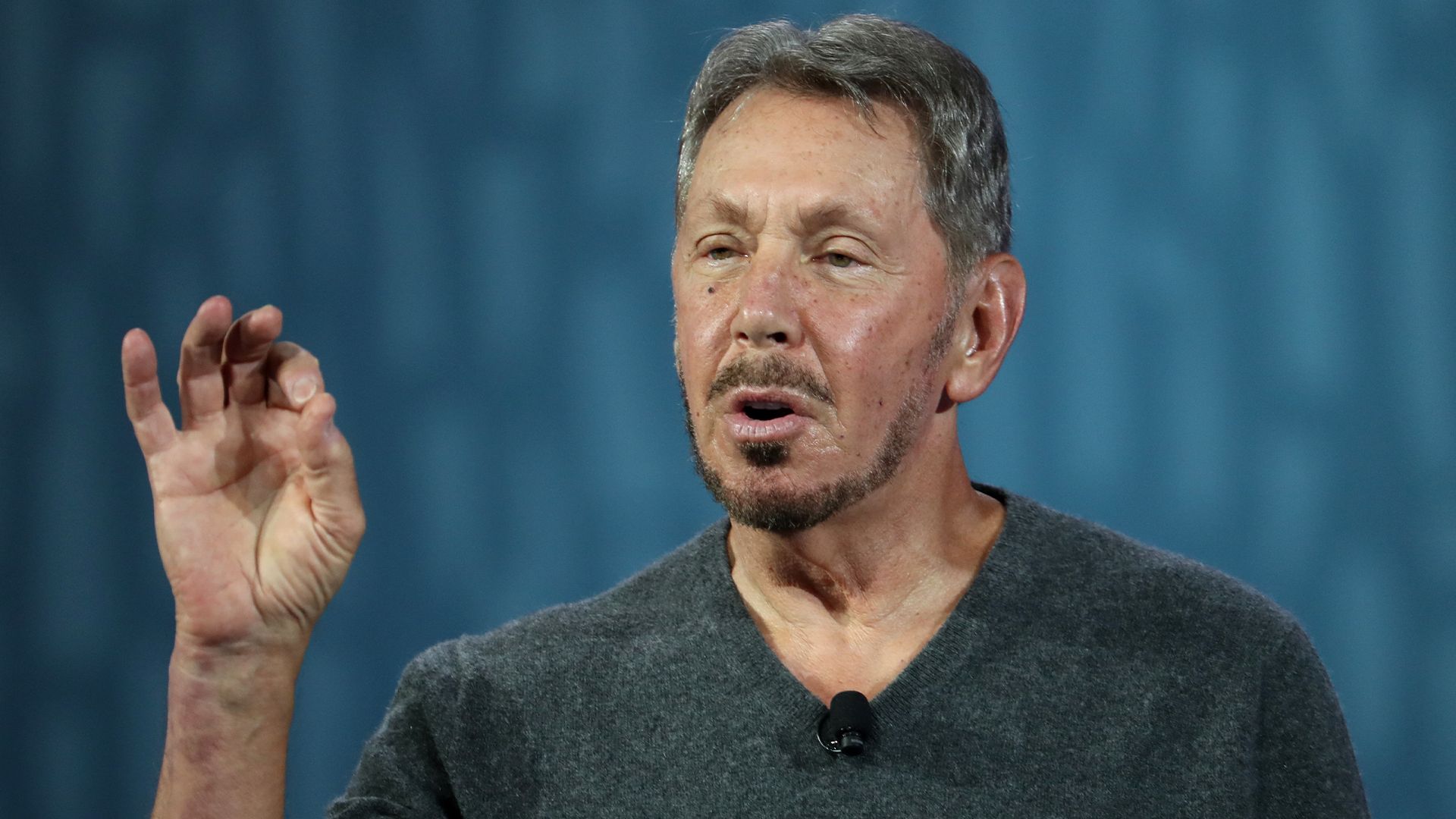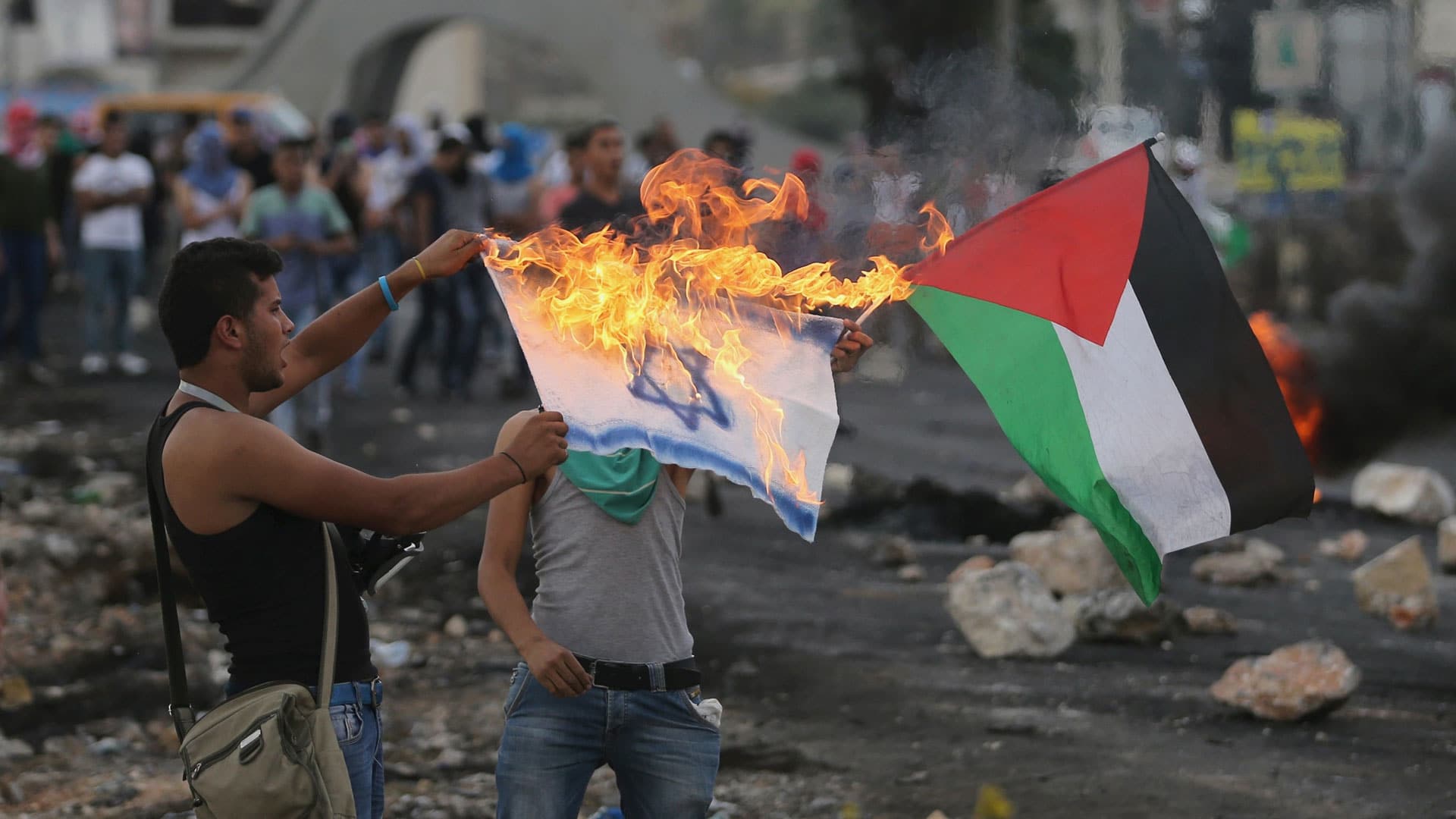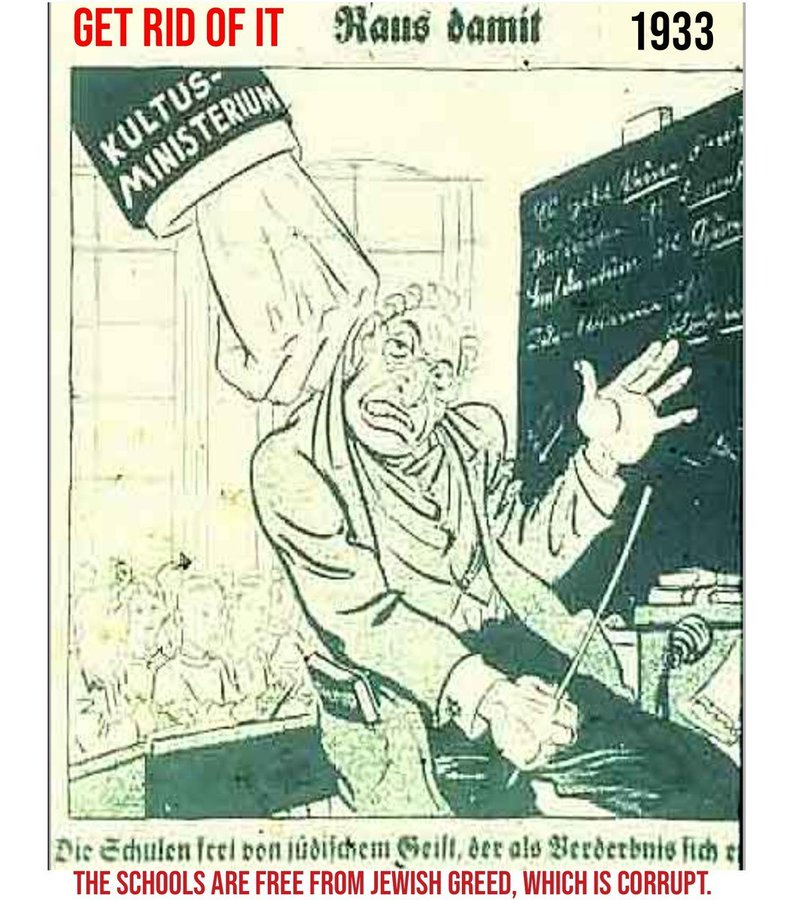Pakistan Urges Muslim Countries to Unite Amid Rising Threats
Pakistan’s Defense Minister called for unity among Muslim countries to counter threats. He voiced support for Iran and criticized Islamic nations for their inaction.
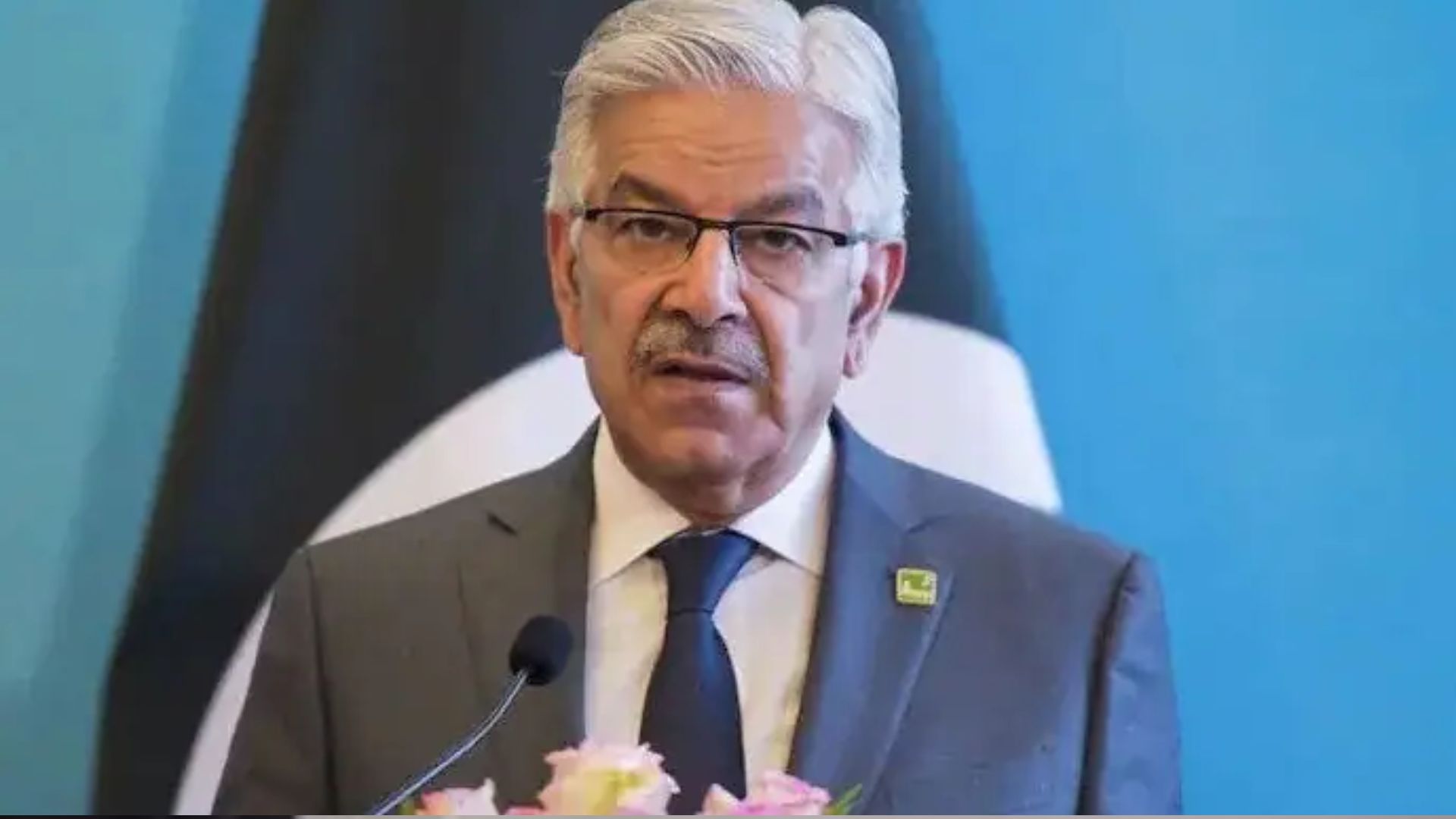
Pakistan’s Defense Minister Khawaja Asif issued a statement emphasizing the urgent need for unity within the Muslim world amid growing instability in the Middle East. In an interview with an international agency, he stressed that the current situation demands decisive action and a collective response from Islamic countries. According to the minister, Israel’s actions toward Palestine, Yemen, and Iran reflect a broader strategy aimed at weakening Muslim nations.
Asif warned that if Islamic countries fail to adopt a unified approach, each of them may eventually face similar attacks. He emphasized that the security of many Muslim nations is already under threat, and silence in the current climate can no longer be considered an acceptable stance. He called for stronger intergovernmental ties and the development of collective strategies to safeguard the interests of the Muslim world.
During his address, the minister described Iran as a brotherly state to Pakistan, linked not only by geographical proximity but also by historical and religious bonds. He stated that supporting Iran in the current circumstances is a crucial step in demonstrating solidarity and readiness for a coordinated response to emerging threats. Coordinated efforts among countries, he said, could lay the foundation for a sustainable regional security mechanism.
The minister also focused on public sentiment, expressing concern that protests in support of Palestine have been more prominent in non-Muslim countries than in Muslim ones. He argued that this situation is alarming and requires a reassessment of informational and diplomatic strategies. The lack of active response from Islamic governments, in his view, undermines the notion of unity and weakens the Muslim world’s position on the international stage.
The defense minister’s statement comes amid ongoing escalation in the Middle East. Many regions are experiencing increased tensions, intensified military activity, and growing diplomatic rifts. Against this backdrop, Asif’s remarks are seen as a call to shift from isolated national policies to coordinated action. He emphasized that leadership in such times must be rooted in principles of justice, independence, and the defense of Muslim populations’ interests.
His message is part of a broader international discourse on the role of Islamic countries in ensuring regional stability. Similar statements from other nations are expected in the near future, along with intergovernmental meetings and consultations. In the face of sustained tensions, the theme of Muslim unity remains vital and calls for attention from both political and civil institutions.
Do you have news that could become a sensation?
Or do you want to try yourself as an editor?
On altn.news , it's possible!
Share your materials, express your opinion, and test your skills as a journalist or editor.
It’s simple:
✅ Download the app:

✅ Register on the website.
✅ Create and publish your news.
Who knows, maybe your material will become the next big headline!
Start today on altn.news.
The editorial board is not responsible for the content and accuracy of material taken, sent or obtained from other sources. The publication of such materials is for informational purposes only and does not imply automatic endorsement or approval of their content.

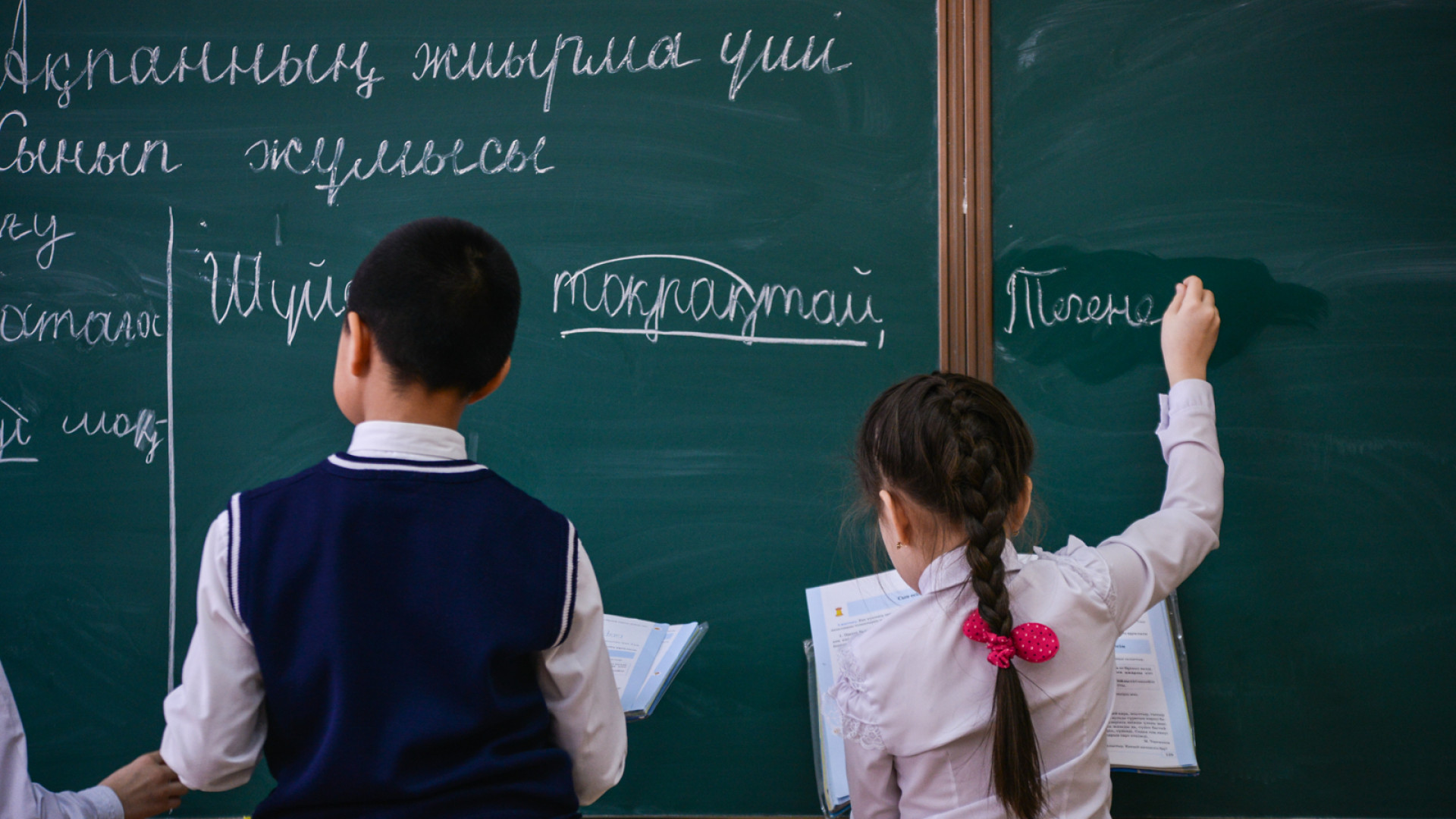

:format(webp)/YXJ0aWNsZXMvaW1hZ2UvMjAyNS85LzIwMjUwOTI2LWdhZi11NTUtMTcyLmpwZw.webp?w=1920)
